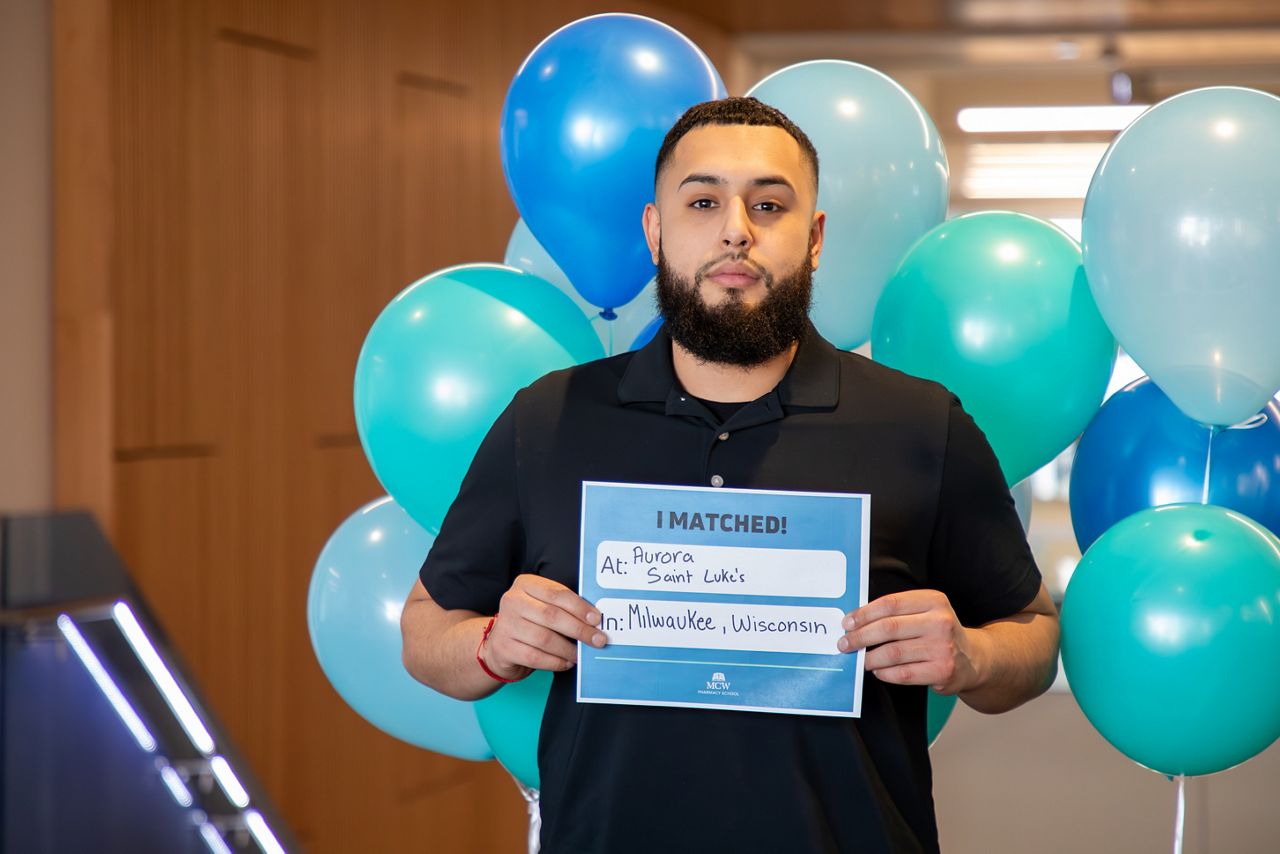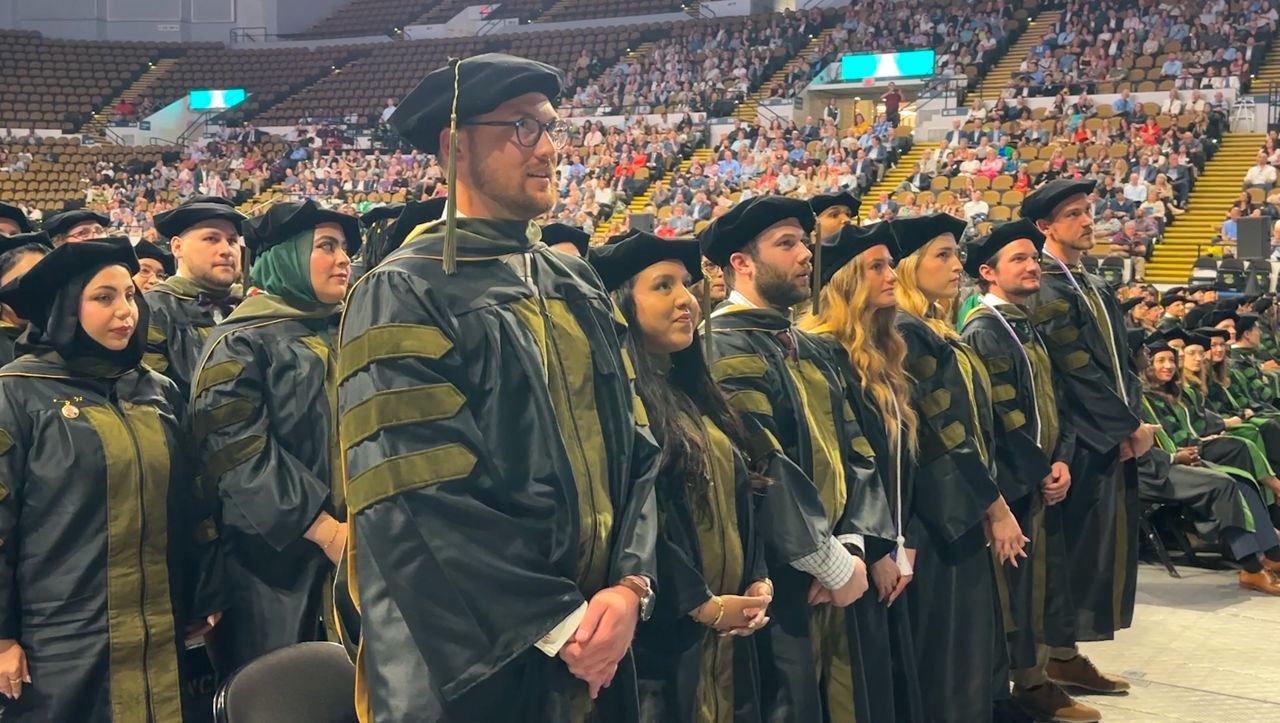MILWAUKEE — Hundreds of students from the Medical College of Wisconsin (MCW) are getting ready to take the next step in their medical careers.
One of them is Joseph Loredo. Loredo finished his degree from MCW School of Pharmacy in three years.
He said his journey to become a pharmacist began as a young child when he went with his grandmother to her doctor visits.

“I would go to her doctor visits and do check up and even at the pharmacy where I would be a translator and my love for medicine started there,” said Loredo.
Loredo said he wants to be the type of pharmacist that bridges language barriers for Hispanic patients.
“Just even when I’m counseling a Hispanic patient and I don’t need the translator, I could just go up there," said Loredo. "It builds a sense of trust and accountability between me and the patient to optimize patient care for them.”
Wisconsin could be facing a steep shortage of physicians by the end of this decade.
A study conducted by Human Resources for Health estimated the state will have a projected shortage of almost 2,300 doctors by 2030.
A similar study from MCW estimated the state will face a shortfall of nearly 750 primary care doctors by 2035.
George McKinnon is the founding dean of MCW's School of Pharmacy. He said he is proud to see these students graduate from the program.
McKinnon said he believes that because of these shortages, they will fulfill an important need in society.
“We are really, what I would say, at the beginning of the tsunami of the pharmacist shortage in our country," said McKinnon. "These graduates will help alleviate that shortage somewhat by the different practices they go into. Over half are going into residency training for one more additional year of training across the country to expand their skill sets to address that very challenge.”

As Loredo went to get his diploma, he said he is thinking about the people who helped him reach this point.
“It’s an important day because I got my entire family out there," said Loredo. "I got my significant other out there. They really helped me get to where I am at today.”
The next step for Loredo is the residency program at Aurora-St. Luke’s
Loredo said he is thankful to become the first doctor in his family and looks forward to one day making a difference in his community.



